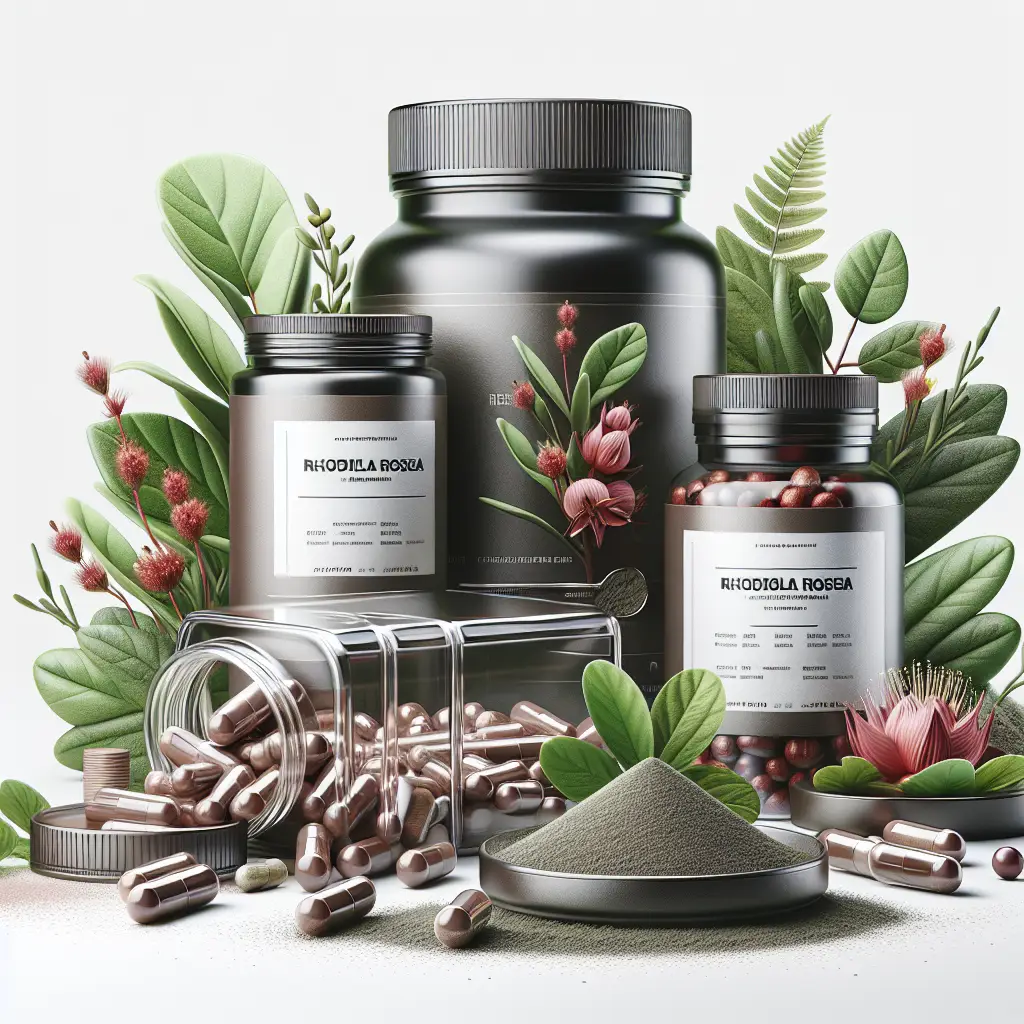Wormwood
What is Wormwood?
Wormwood, scientifically known as Artemisia absinthium, is a perennial herbaceous plant that belongs to the sunflower family (Asteraceae). Originally native to Europe, wormwood has also found its way into various parts of Asia and North America. Known for its distinctive, aromatic bitter flavor, it has been utilized for thousands of years in traditional medicine and culinary practices.
The primary active components of wormwood include thujone, flavonoids, and essential oils. Thujone is particularly noteworthy as it is believed to be responsible for much of the herb's psychoactive properties traditionally attributed to absinthe, a famous alcoholic beverage made with wormwood.
Benefits of Wormwood
- Digestive Health: Wormwood is commonly used to alleviate digestive disorders, including bloating, gas, and stomach cramps. Its bitter compounds stimulate the production of digestive enzymes, thereby enhancing digestive efficiency.
- Anti-inflammatory Properties: The flavonoids and other active compounds in wormwood exhibit anti-inflammatory effects that can help reduce pain and inflammation.
- Antimicrobial Effects: Wormwood has shown promise in combating certain bacterial and fungal infections due to its antimicrobial properties.
- Parasite Expulsion: Traditionally, wormwood has been used as an anthelmintic to expel intestinal worms and parasites.
- Antioxidant Activity: The herb is rich in antioxidants that contribute to combatting oxidative stress within the body, promoting overall health.
Types or Forms Available
Wormwood can be found in several forms, including:
- Wormwood Tea: Dried leaves steeped in hot water to extract its beneficial compounds.
- Tinctures: Concentrated liquid extracts using alcohol or vinegar as solvents, providing potent doses.
- Capsules: Convenient for those seeking standardized doses without the taste.
- Essential Oil: Used in aromatherapy and topical applications for its aromatic and therapeutic benefits.
How to Use Wormwood
For those interested in incorporating wormwood into their routine, here are some general guidelines:
- Dosage: Common doses for wormwood tea range from 1-2 grams of dried leaves per cup. For tinctures, follow the manufacturer’s recommendations, typically ranging from 1-3 mL.
- Timing: Wormwood can be taken before meals to enhance digestion or at times when discomfort arises.
- Usage Guidelines: Consider starting with the lowest dose to assess tolerance and gradually increasing as needed.
Side Effects and Considerations
While wormwood is considered safe for most individuals when used appropriately, there are some potential side effects and considerations:
- High doses or prolonged use can lead to toxicity due to thujone, resulting in symptoms such as nausea, dizziness, or even seizures.
- Pregnant or breastfeeding women should avoid wormwood due to its potential effects on uterine contractions.
- Individuals with certain medical conditions (like epilepsy) or those taking anticoagulant medications should exercise caution and consult a healthcare professional before use.
Foods Rich in Wormwood
While wormwood itself is not commonly found in food, its flavoring qualities are often utilized in certain alcoholic beverages, such as absinthe and some bitters. Additionally, it may be included in herbal liqueurs and vermouth. However, it is not a staple food ingredient.
Common Myths About Wormwood
- "Wormwood is only used in absinthe.": While absinthe is one of the most famous uses of wormwood, it also has historical applications in traditional medicine for various ailments.
- "All forms of wormwood are safe.": Not all forms and dosages are safe; particularly high concentrations, like essential oils, should be approached with caution.
- "Wormwood will cause hallucinations.": While thujone was once believed to induce hallucinations, modern research has shown that the quantities in absinthe and other products are generally too low to have such effects.
Conclusion
Wormwood is a versatile herb with a rich history in both culinary and medicinal applications. While it offers various health benefits, including digestive support and antimicrobial properties, it is essential to use it responsibly and in moderation. Understanding its effects, side effects, and potential interactions can help you safely enjoy its advantages in your health and wellness journey.















